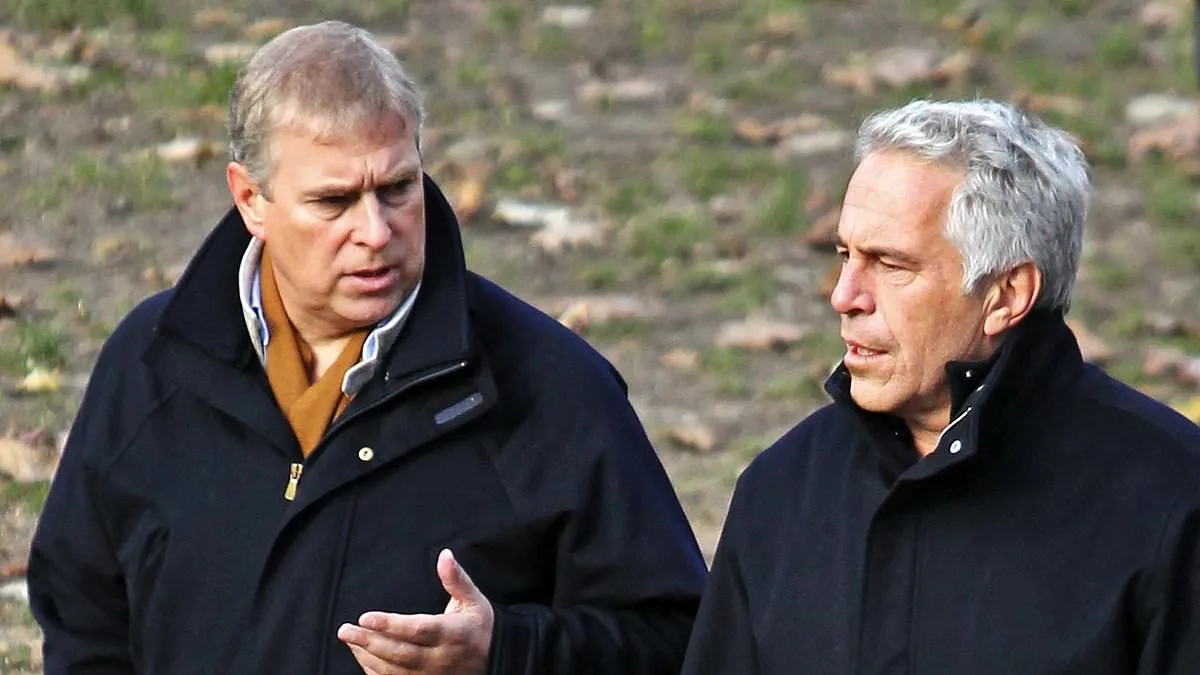BBC
The Islamic State group (IS) has said it carried out a bomb attack in Iran on crowds marking the anniversary of spymaster Qasem Soleimani’s assassination by the US.
The attack in Kerman in southern Iran killed 84 people and wounded many more.
The death toll was revised down on Thursday morning by the head of Iran’s emergency services from an earlier figure of 95.
Iran initially said that Israel and the US must have been behind the attacks.
IS made the claim via its channels on Telegram. The group later released an image on its news outlet Amaq showing two masked men, who it said were responsible for the attacks.
The report stated that the first suicide bomber detonated his explosives belt among a gathering of people and that the second bomber triggered his explosives about 20 minutes later.
IS named the attackers as “Omar al-Muwahhid” and “Sayfullah al-Mujahid”. They are generic names that make it hard to ascertain if the attackers were Iranians or foreigners.
IS has attacked civilians and security forces in Iran on a number of occasions in recent years.
It welcomed the 2020 death of Gen Soleimani, whose militias fought against the group in Iraq for years.
Earlier, President Ebrahim Raisi’s political deputy, Mohammad Jamshidi, blamed Israel and the US. However, the US said it had no indication that Israel was involved and dismissed any suggestion that Washington was involved.
And as many Middle East watchers said at the time, this was not the way Israel operates inside Iran.
Attacks there that have been presumed to be orchestrated by Israel’s external spy agency, Mossad, have nearly always been precisely targeted assassinations of prominent nuclear scientists or military figures.
It would not be in Israel’s interests to squander its precious intelligence assets inside Iran by blowing up civilian mourners.
Iran’s Supreme Leader Ayatollah Ali Khamenei vowed a “harsh response” to the attacks.
“Cruel criminals must know that they will be strongly dealt with from now on and undoubtedly there will be a harsh response,” Ayatollah Khamenei said in a statement on Wednesday evening.
Now that Islamic State (IS) has claimed they were behind it, even naming two suicide bombers they say were involved, an apology from Iran’s Revolutionary Guard is highly unlikely. The Tehran regime’s hostility to the US and Israel is visceral and manifests itself on many fronts: in Lebanon, Iraq, Gaza and Yemen.



Connect with us on our socials: